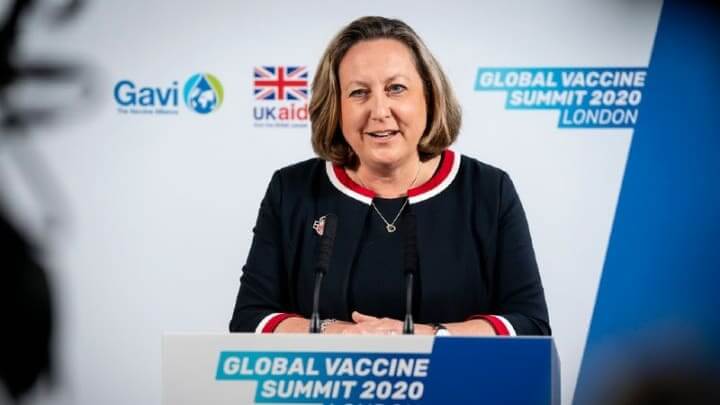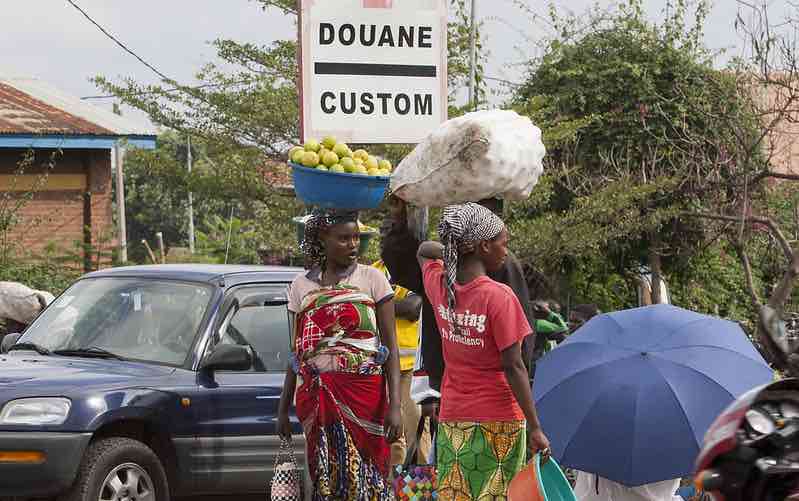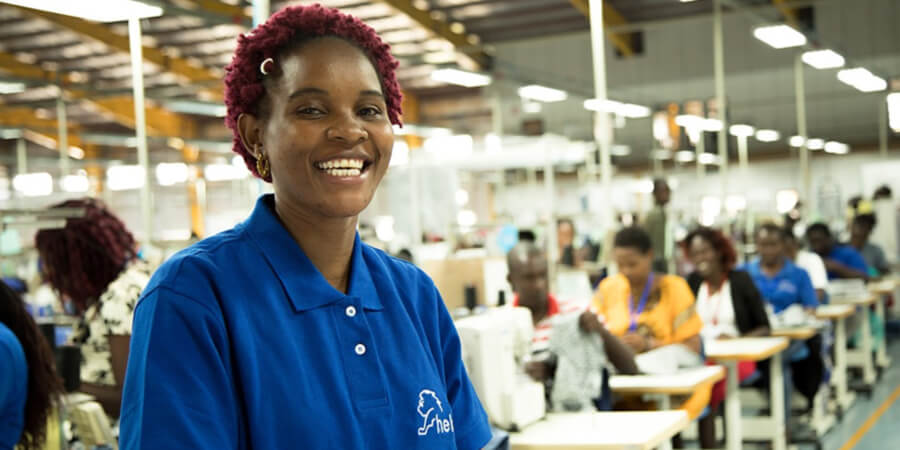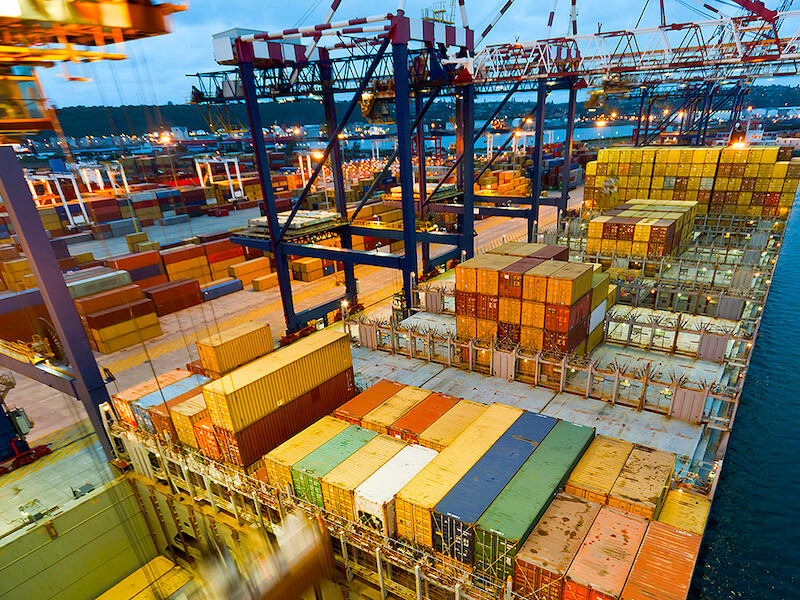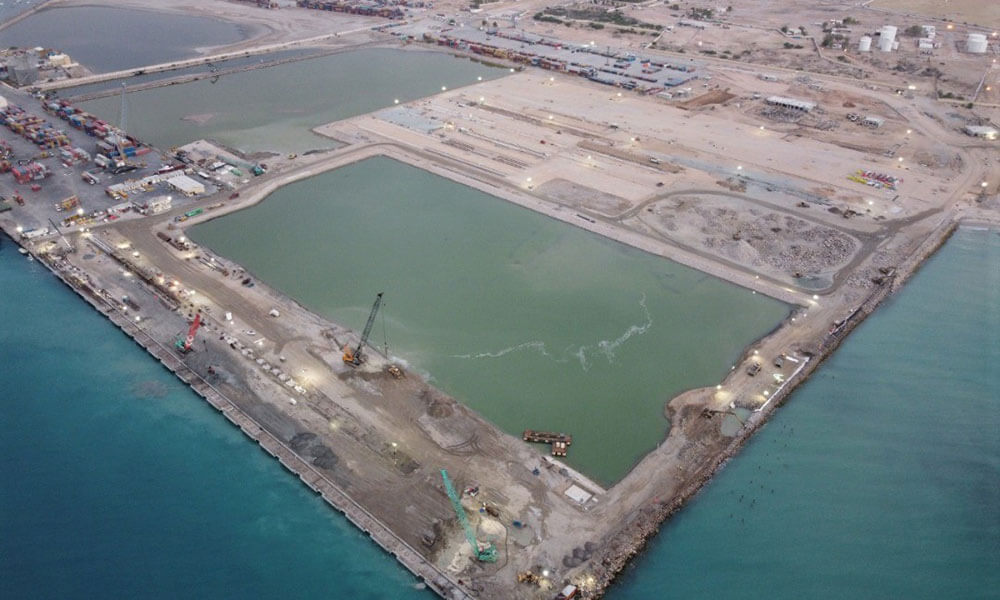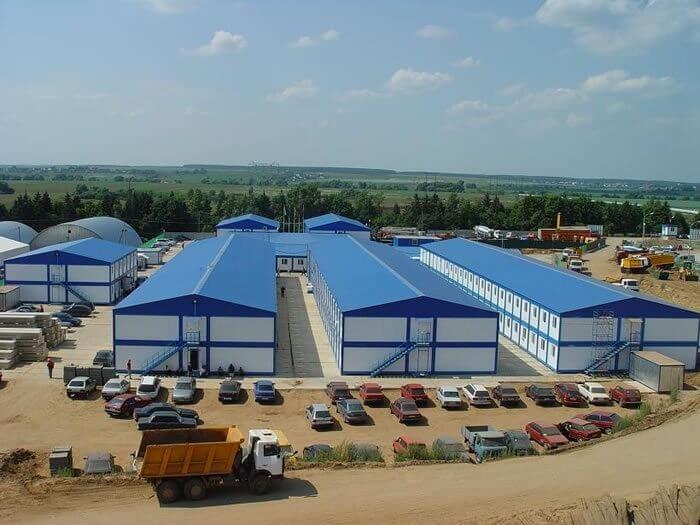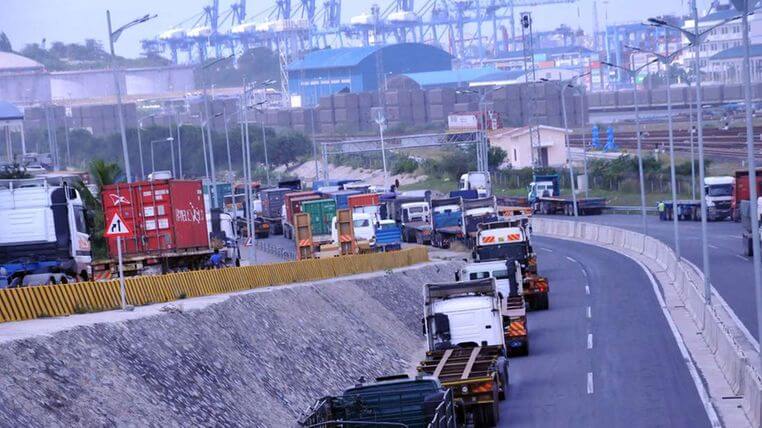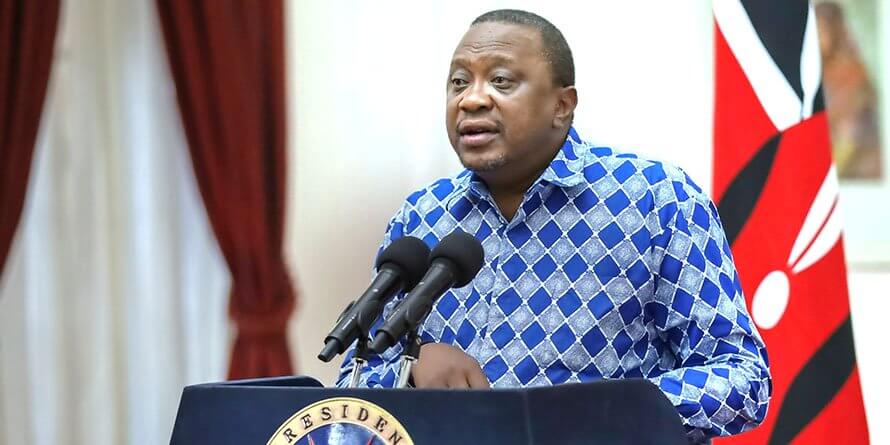The UK Government has announced it will help British businesses strengthen their global supply chains by supporting workers in Uganda, Kenya, Ethiopia, Tanzania, Rwanda and Ghana during the coronavirus pandemic. The facility, made up of £4.85 million (Shs 23bn) UK aid and £2 million (Shs 9.5bn) from businesses, will focus primarily on supply chains and workers in Uganda, Myanmar, Bangladesh, Kenya, Ethiopia, Tanzania, Rwanda and Ghana. These countries provide huge proportions of the world’s food, flowers and clothes. Ghana alone produces a quarter of the world’s cocoa and Bangladesh is the world’s second largest garment exporter. The programme will help UK high street businesses, including Marks & Spencer, Sainsbury’s, Tesco, Morrisons, Co-op and Waitrose, to strengthen their global supply chains by supporting workers in developing countries during the coronavirus pandemic. The UK imports 20% of its food and drink from developing countries. The coronavirus pandemic has put many of these supply chains at risk as factories and farms worldwide have been forced to close temporarily. The new Vulnerable Supply Chains Facility will help to ensure the steady supply of products like vegetables, coffee and clothes to the UK high street. The programme will strengthen community health care systems and deliver targeted health messaging in factories to help employees keep themselves and their families safe. International Development Secretary Anne-Marie Trevelyan said: “We want to ensure people in Britain can continue to buy affordable, high quality goods from around the world”. “This new fund will strengthen vital supply chains for UK consumers,...
Uganda to Benefit from UK’s $6.3m Program Supporting Export Chains in Developing Countries
Posted on: August 17, 2020
Posted on: August 17, 2020

